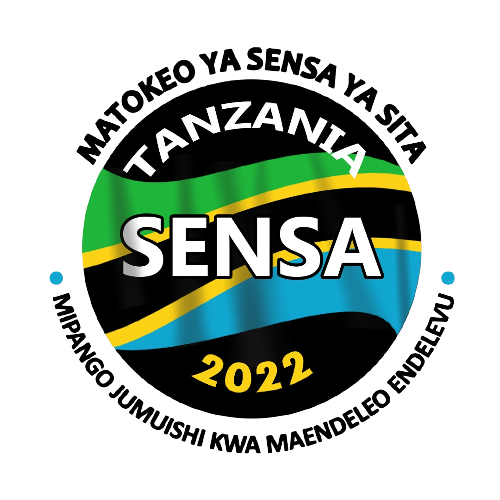Frequently Asked Questions
Standards are a powerful tool for supporting innovation and increasing productivity. Effective standardization promotes forceful competition and enhances profitability. Standards allow a company to:
- a) Attract and assure customers;
- b) Demonstrate market leadership;
- c) Create competitive advantage;
- d) Develop and maintain best practices;
- e) Comply with national legislation.
Standards are a powerful marketing tool. Compliance with Tanzania Standards is an effective means of differentiation in a competitive marketplace. In addition, manufacturing products or supplying services that conform to appropriate standards maximizes their compatibility with those manufactured or offered by others, thereby increasing potential sales and widespread acceptance. As consumers become better informed about their choices, conformity to recognized standards becomes increasingly important.
Standards are a respected badge of quality. Certification marks are earned by businesses whose products and practices consistently prove conformity to relevant standards. These marks (such as the Tanzania Standards Mark of Quality) are easily recognizable and act as badges of quality, safety and performance.
Standards can strengthen infrastructure. Standardization can deliver measurable benefits when applied within the infrastructure of a company itself. Effective communication along the supply chain and with legislative bodies, clients and customers is good business. Business costs and risks can be minimized, internal processes streamlined and communication improved. Standardization promotes interoperability, providing a competitive edge necessary for effective worldwide trading of products and services.
A standard can be defined as a set of technical definitions and guidelines, “how to” instructions for designers, manufacturers, and users, aiming at promoting safety, reliability, productivity and efficiency in almost every industry. Standards are a vehicle of communication for producers and users. They serve as a common language, defining quality and establishing safety criteria. They are written by experts with knowledge and expertise in a particular field who sit on various technical committees.
Standards are created by bringing together all interested parties such as manufacturers, consumers and regulators of a particular material, product, process or service. TBS has a directorate mandated to formulate standards. Under this directorate, there are more than 100 technical committees.
Most standards are prepared at the request of industry. However, requests may come from individuals, committees, professional organizations, government agencies, industry groups, public interest groups, or from a TBS division or section. The request is first referred to the appropriate directorate for consideration. The directorate then assigns the request to the relevant technical committee or determines that a new standards committee must be formed. Once an appropriate committee has concluded that there is enough interest and need the standard developing process is initiated.
Tanzania Bureau of Standards offers the following services:
- a) Standardization
- b) Product certification
- c) Management system certification
- d) Testing
- e) Calibration
- f) Training and consultancy
- g) Inspection
- h) Product and premise registration
- i) Public education
The International Organization for Standardization (ISO) is the world’s largest developer and publisher of International Standards. ISO is a network of the national standards institutes of 162 countries, one member per country, with a Central Secretariat in Geneva, Switzerland, that coordinates the system. It is a non-governmental organization that forms a bridge between the public and private sectors. Currently various TBS technical committees provide input to international standardization through different ISO technical committees.
Tanzania Bureau of Standards (TBS) is Tanzania’s national standards body formerly established by the Standards Act No. 3 of 1975, which was later repealed and replaced by the Standards Act No. 2 of 2009. It is a parastatal organization under the Ministry of Industry and Trade and its broad mandate is to promote standardization, safety, conformity assessment and metrology in industry and commerce sectors. TBS is Tanzania’s member of the International Organization for Standardization (ISO) and the International Bureau of Weights and Measures (BIPM).


.jpeg)



